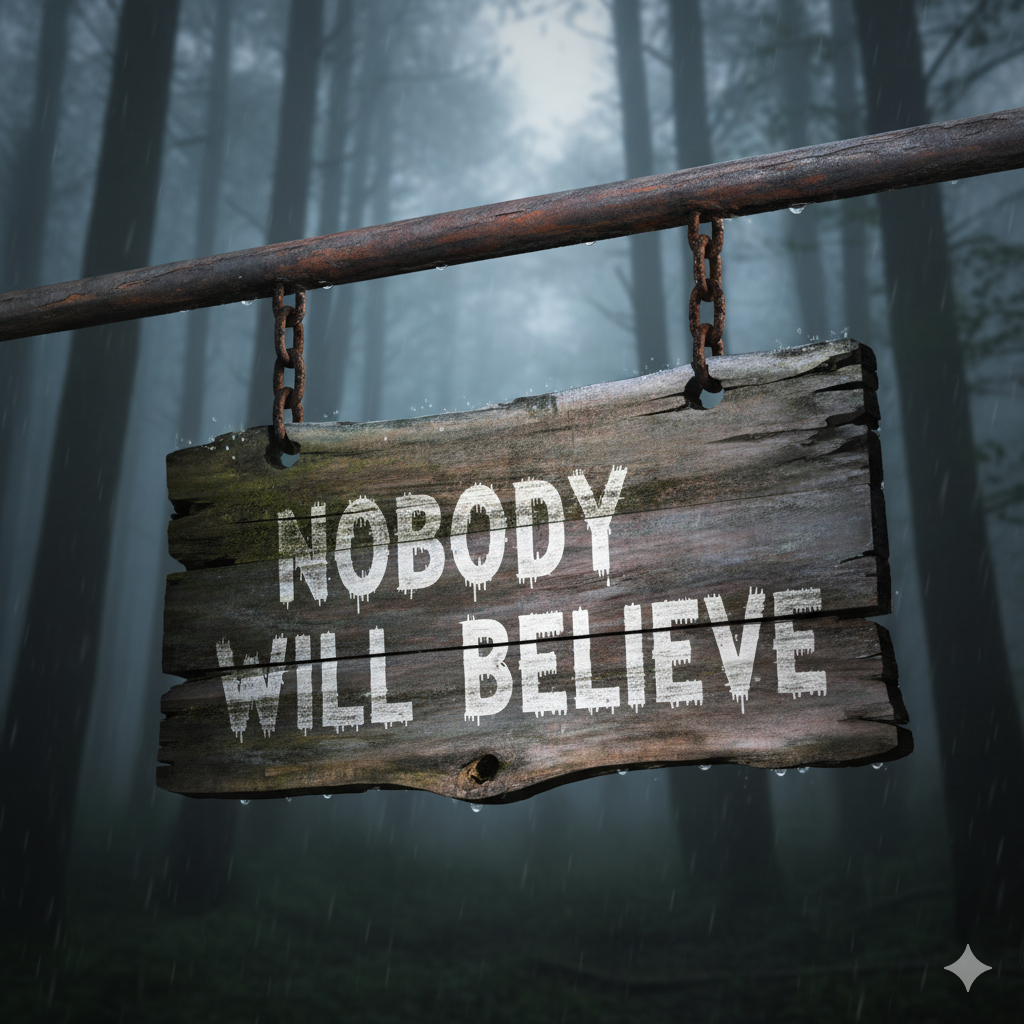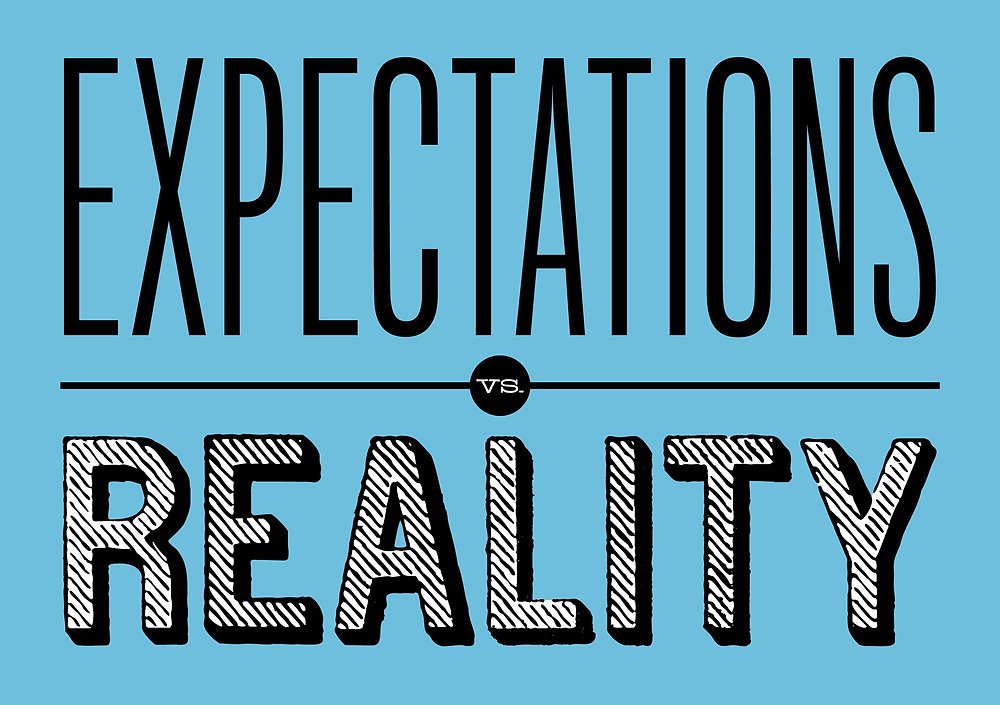It’s natural to want to help the people you care about. Friends, family, and loved ones form the backbone of your emotional world, and it feels right to show up for them when they’re struggling. But there’s a line many people cross without realizing it — they give endlessly to people who wouldn’t do the same for them.That imbalance doesn’t make you noble; it makes you drained.
Support Should Flow Both Ways
Healthy relationships — whether family or friendship — are built on reciprocity. That doesn’t mean every act of kindness needs to be repaid instantly or equally, but it does mean that energy should circulate.If you’re always the one offering rides, giving advice, lending money, or showing up in a crisis, while others never check in on you, you’re not in a relationship — you’re in a transaction that only flows one way.Support that isn’t mutual eventually becomes emotional debt, and you’ll be the one paying interest.
Why One-Sided Support Drains You
When you keep giving without receiving, you train people to see your effort as normal — even expected. Over time, that builds quiet resentment on your end and quiet entitlement on theirs.What starts as love becomes fatigue. What starts as generosity becomes obligation.And the saddest part? The more you overextend, the less your support is appreciated. People rarely value what costs them nothing.
The Rule of Balanced Energy
A simple rule:> Support others to the extent that they support you — emotionally, mentally, or even just through effort and respect.That doesn’t mean being selfish. It means respecting your own energy.You can still be kind, still be there when it matters, but your time and emotional strength are limited resources. Spend them wisely — on people who also lift you up, not just lean on you.
Being supportive doesn’t mean being a doormat. It means caring within boundaries. Real love — whether from friends or family — is mutual, balanced, and rooted in respect.So give, absolutely. But give where the energy comes back around. Because in the long run, that’s what keeps relationships alive — not endless sacrifice, but shared strength.


